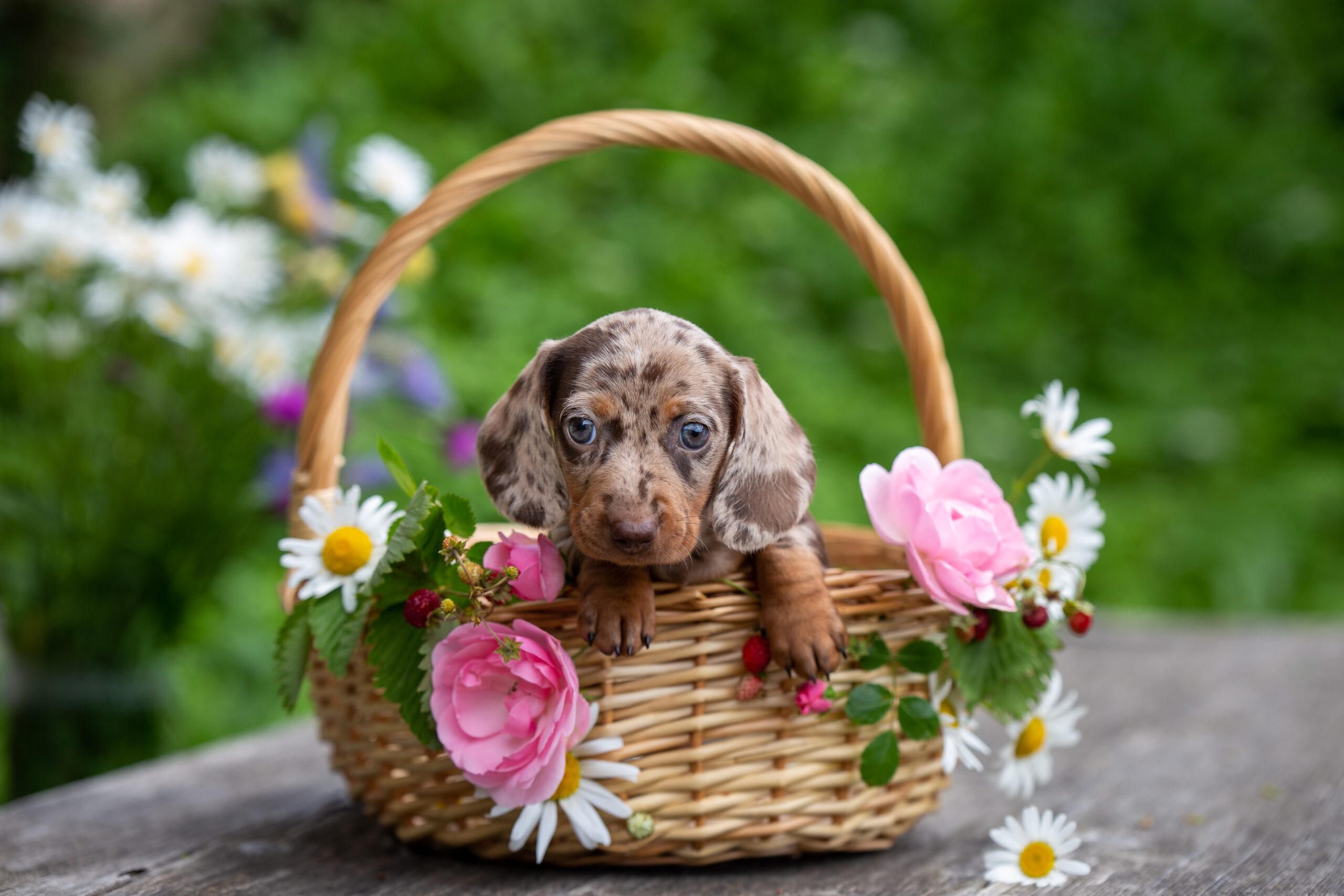Raising a dachshund can be a joyful and rewarding experience. These adorable little dogs go through distinct growth stages, each presenting unique challenges and opportunities.
Understanding these stages helps provide the best care and nurture for your furry friend. In this list, we’ll explore every growth stage of a dachshund and share essential tips to ensure your pup is happy and healthy.
1. Newborn Stage

The newborn stage of a dachshund is a crucial time for bonding and basic care. During the first two weeks, these tiny pups are entirely dependent on their mother. They can’t see or hear yet, but they rely on warmth and nutrition.
Keep them in a quiet, comfortable space to foster security. By handling them gently, you help to establish trust. Ensure that the mother is healthy and has enough milk. Weigh the puppies regularly to monitor their growth and consult a vet if you notice any concerns.
Avoid too many visitors during this delicate period to prevent stress. Proper care in the newborn stage sets the foundation for healthy development. These early days are precious, filled with tiny paws and sleepy snuggles. Cherish them and lay the groundwork for a happy puppy.
Each pup is different, but don’t forget to consider whether you’re dealing with a dachshund mix. Each type is certainly lovely in their own way, but their genetics may influence their behavior!
2. Socialization Period

The socialization period is a vital phase in a dachshund’s development. Between 3 to 12 weeks, puppies are curious and eager to learn. This is the prime time to introduce them to different experiences. Engaging with other dogs and people helps them become well-rounded pets.
Expose them to various sounds, textures, and environments. Positive interactions build confidence and reduce future anxiety. Daily playtime and gentle handling reinforce trust and happiness. Vaccinations are crucial during this stage to prevent illness.
Consult your veterinarian to maintain a healthy schedule. Encourage exploration, but always ensure safety. The socialization period lays the groundwork for a sociable and confident dachshund who enjoys the company of others.
3. Teething Phase
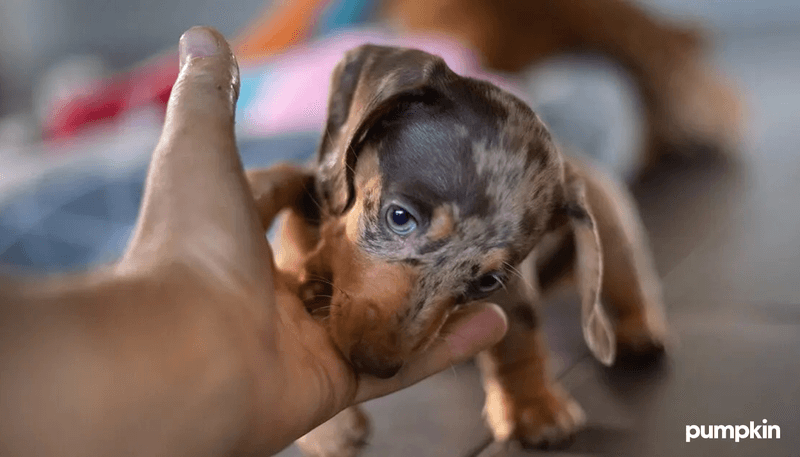
Teething is a challenging yet essential phase for dachshund puppies. Starting around 4 months, this stage can last until they are 6 months old. It’s marked by the eruption of adult teeth, leading to the need to chew. Providing appropriate chew toys is vital to prevent destructive behaviors.
Keep valuable items out of reach and redirect their attention to dog-safe alternatives. Regularly check their gums for signs of irritation or injury. Frozen toys can offer soothing relief during this time. Patience and consistency aid in guiding them through this phase.
Reinforce good behavior with praise and rewards. Teething can be tough, but with the right support, it becomes a manageable part of your puppy’s growth journey.
4. Juvenile Stage

The juvenile stage of a dachshund is filled with energy and exploration. From 6 months to about one year, these young dogs are full of life and curiosity. Regular exercise helps channel their enthusiasm positively. Engage them in games and training sessions to provide mental stimulation.
Many new owners may find this to be the most challenging period. In fact, it can be so challenging for some that it’s one of the most occurring reasons not to own a dachshund.
This period is also the right time to reinforce obedience training. Consistency is key to developing good habits. Ensure a balanced diet to support their growth and maintain their health. Regular vet visits are essential to monitor development and address any concerns.
With love, patience, and proper care, the juvenile stage becomes an exciting and rewarding time for both the owner and the dachshund.
5. Adolescent Stage
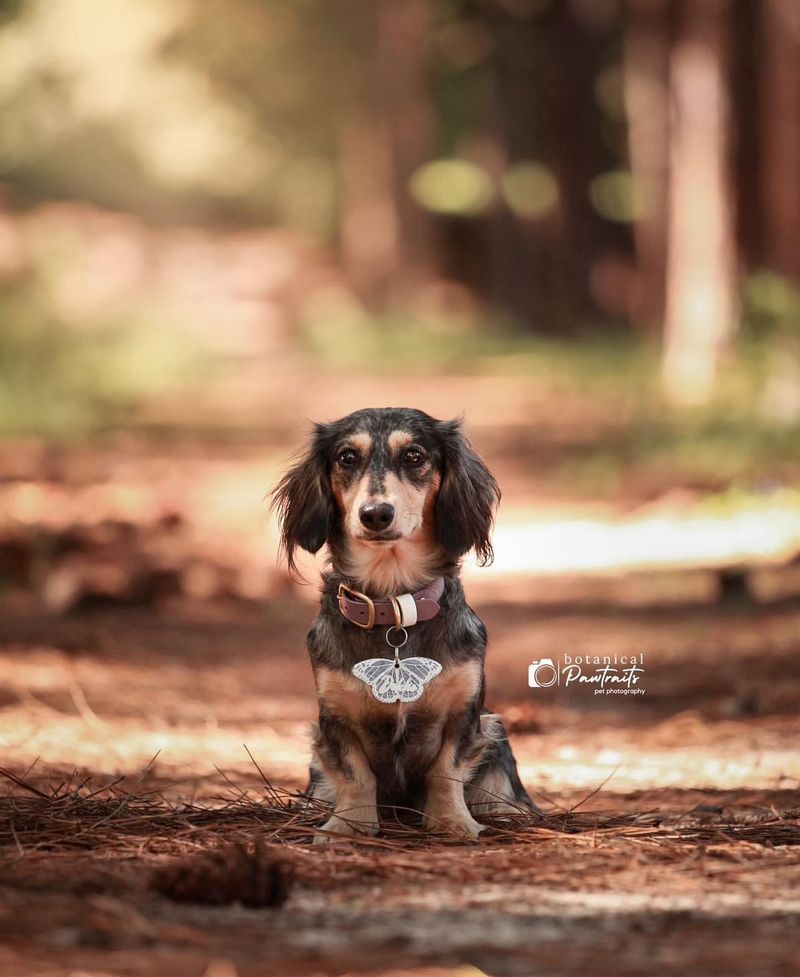
Reaching adolescence, dachshunds experience a mix of independence and playfulness. Typically from 1 to 2 years, this stage can be challenging as they test boundaries. Consistent training and clear rules are essential to guide them. Physical and mental activities keep them engaged and reduce misbehavior.
Explore new environments like parks or beaches for a change of pace. Socialization remains important to ensure they are comfortable in different settings. Diet adjustments may be necessary to match their energy levels. Regular check-ups with a vet help in tracking their health.
6. Adult Stage
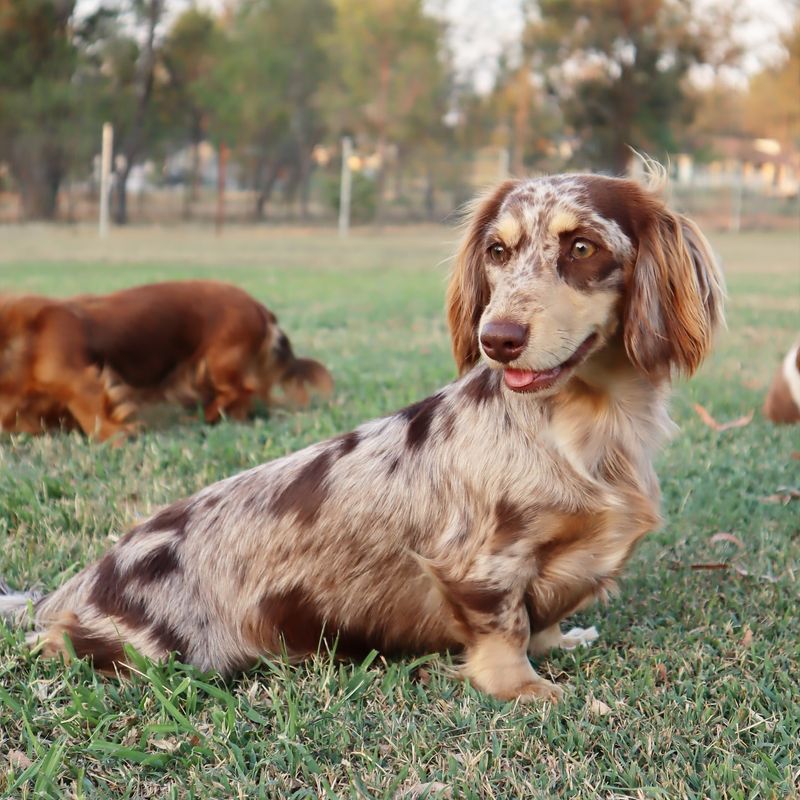
The adult stage marks maturity and stability for a dachshund. From 2 to 8 years, these dogs are in their prime. Maintaining their health through balanced nutrition and regular exercise is crucial. Continue training to keep their minds sharp and engaged.
While they may be less hyperactive, play remains a vital aspect of their routine. Consistent social interaction prevents them from becoming aloof or anxious. Regular veterinary care ensures they remain in good health. This stage is rewarding, as the bond with your dachshund deepens, offering companionship and joy.
Celebrate their achievements and cherish the mature relationship you’ve built together!
7. Senior Stage
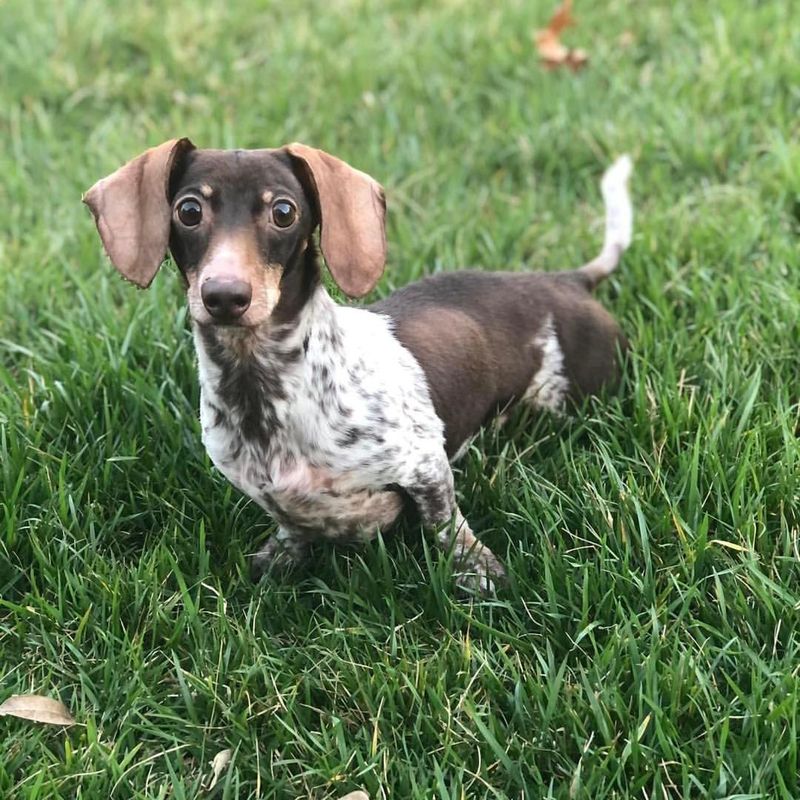
As dachshunds enter their senior years, from around 8 years and older, their needs begin to change. They may slow down and require more rest. Providing a comfortable and accessible environment is crucial. Regular health check-ups become increasingly important.
Monitor their diet to prevent obesity, a common issue in older dogs. Joint supplements might be beneficial. Gentle exercise keeps them active without overexerting. Mental stimulation through games or puzzles remains important. Love and patience ensure that the senior stage is a fulfilling time, filled with affection and gratitude.
8. End-Of-Life Stage

The end-of-life stage is a tender and emotional period for dachshund owners. During this time, comfort and quality of life are the priorities.
Open communication with your veterinarian helps in making compassionate decisions. Create a peaceful and stress-free environment. Pain management and palliative care ensure your pet’s dignity and comfort. Cherish the moments you have together through gentle interactions.
Support from family and friends can be vital. It’s a time for reflection and gratitude for the joyful years shared. Through love and care, the end-of-life stage becomes a meaningful and heartfelt journey.

